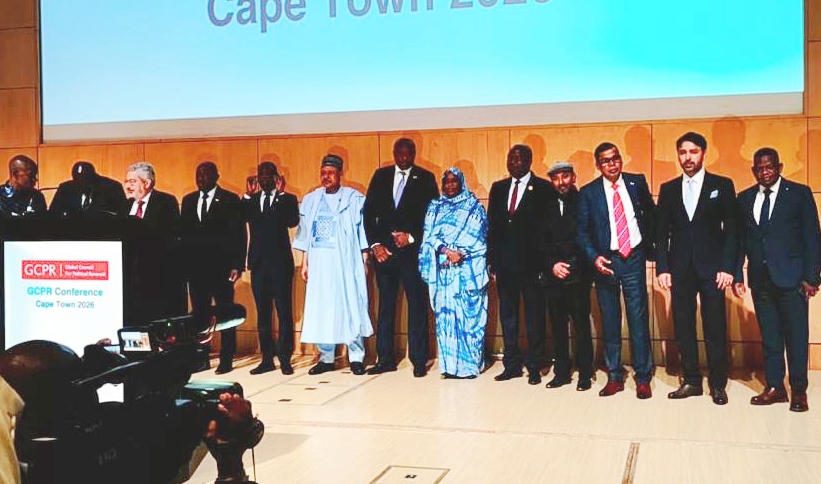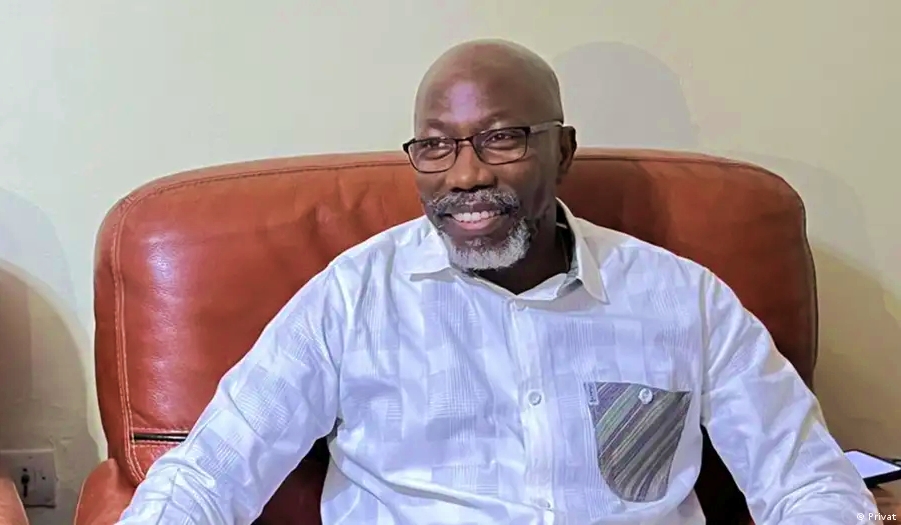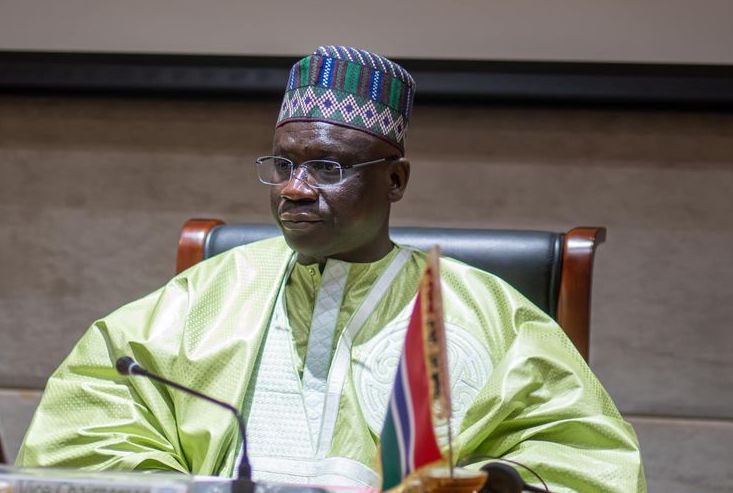The governor of the Central Bank of The Gambia, Buah Saidy, has announced plans to reduce the prices of essential food items such as rice and sugar, particularly important as the country approaches the Muslim fasting month of Ramadan.
Speaking at a press briefing in Banjul, Governor Saidy highlighted the concerns over rising prices of these commodities and assured the public that efforts are underway to address the issue. The Central Bank is working in collaboration with the government and private entities to import rice and sugar at affordable prices.
“We are monitoring the recent increases in the prices of rice and sugar in the market and are making arrangements to import 50,000 metric tonnes of rice from India. Additionally, we are expecting 12,500 metric tonnes of sugar by the end of February,” Governor Saidy stated.
He acknowledged that the arrival of these commodities was delayed due to shipping difficulties on the Red Sea but expressed optimism that they would be in the country before mid-March. The government’s intervention in the economy, especially during the Covid-19 pandemic, has helped stabilize prices, unlike in other countries in the sub-region, he added.
Governor Saidy emphasized that while these interventions are short-term measures, the long-term plan is to support agriculture and boost local food production for self-sufficiency. The government aims to increase rice production to 275,000 metric tonnes to meet domestic demand, with support from the African Development Bank (ADB) and AfricaRice.
The Central Bank, along with the National Food Security, Processing and Marketing Corporation (NFSPMC) and the government, will continue to partner with small and medium-sized enterprises to ensure access to financing for importing commodities, Governor Saidy assured.
The government’s commitment to ensuring price affordability for essential food items reflects its dedication to the well-being of its citizens, especially during the holy month of Ramadan.










